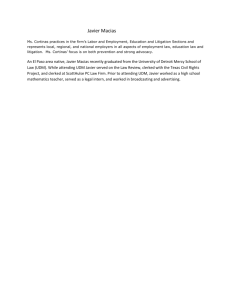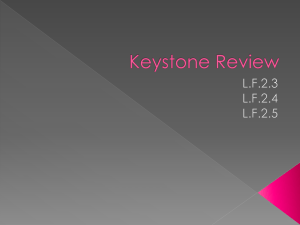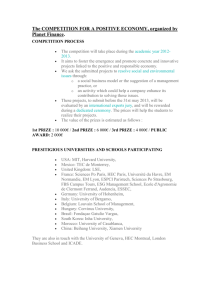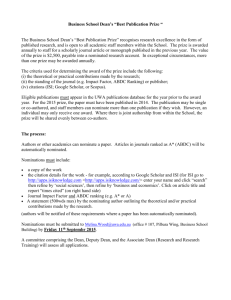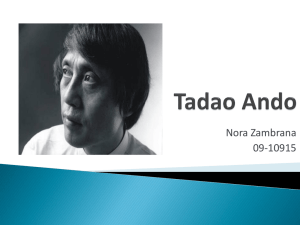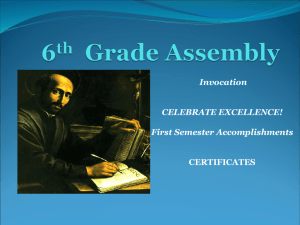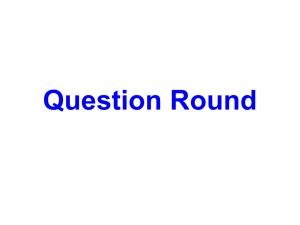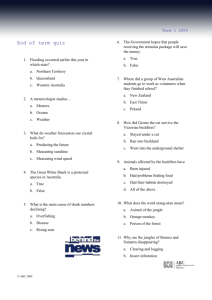WCP_20150225_nominee..
advertisement
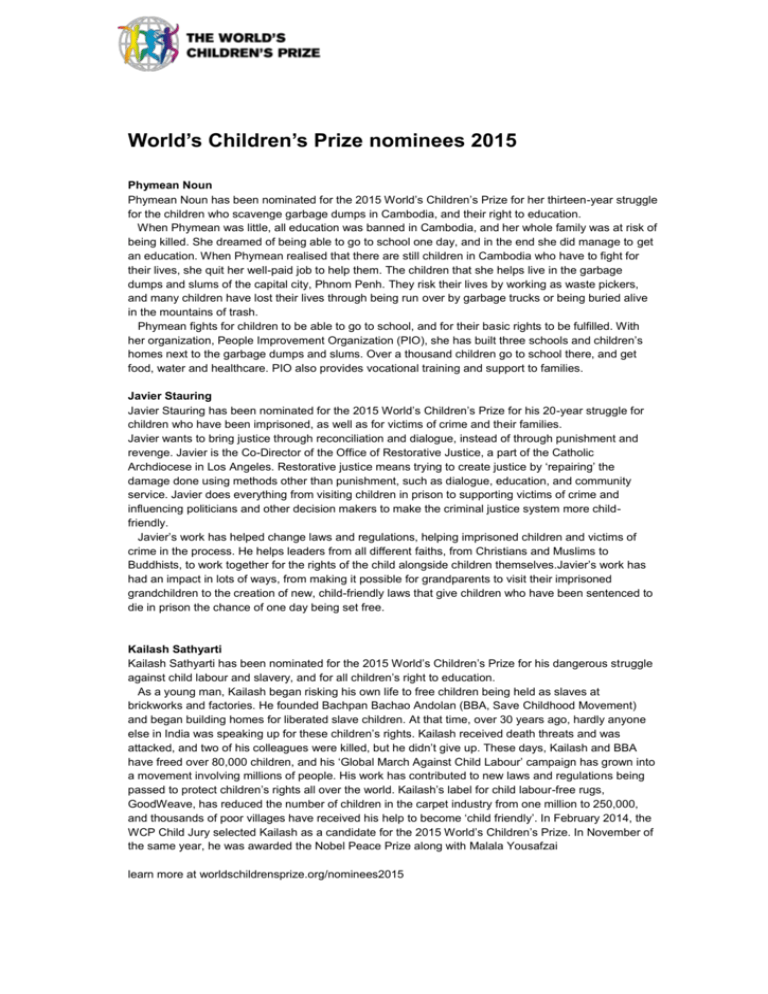
World’s Children’s Prize nominees 2015 Phymean Noun Phymean Noun has been nominated for the 2015 World’s Children’s Prize for her thirteen-year struggle for the children who scavenge garbage dumps in Cambodia, and their right to education. When Phymean was little, all education was banned in Cambodia, and her whole family was at risk of being killed. She dreamed of being able to go to school one day, and in the end she did manage to get an education. When Phymean realised that there are still children in Cambodia who have to fight for their lives, she quit her well-paid job to help them. The children that she helps live in the garbage dumps and slums of the capital city, Phnom Penh. They risk their lives by working as waste pickers, and many children have lost their lives through being run over by garbage trucks or being buried alive in the mountains of trash. Phymean fights for children to be able to go to school, and for their basic rights to be fulfilled. With her organization, People Improvement Organization (PIO), she has built three schools and children’s homes next to the garbage dumps and slums. Over a thousand children go to school there, and get food, water and healthcare. PIO also provides vocational training and support to families. Javier Stauring Javier Stauring has been nominated for the 2015 World’s Children’s Prize for his 20-year struggle for children who have been imprisoned, as well as for victims of crime and their families. Javier wants to bring justice through reconciliation and dialogue, instead of through punishment and revenge. Javier is the Co-Director of the Office of Restorative Justice, a part of the Catholic Archdiocese in Los Angeles. Restorative justice means trying to create justice by ‘repairing’ the damage done using methods other than punishment, such as dialogue, education, and community service. Javier does everything from visiting children in prison to supporting victims of crime and influencing politicians and other decision makers to make the criminal justice system more childfriendly. Javier’s work has helped change laws and regulations, helping imprisoned children and victims of crime in the process. He helps leaders from all different faiths, from Christians and Muslims to Buddhists, to work together for the rights of the child alongside children themselves.Javier’s work has had an impact in lots of ways, from making it possible for grandparents to visit their imprisoned grandchildren to the creation of new, child-friendly laws that give children who have been sentenced to die in prison the chance of one day being set free. Kailash Sathyarti Kailash Sathyarti has been nominated for the 2015 World’s Children’s Prize for his dangerous struggle against child labour and slavery, and for all children’s right to education. As a young man, Kailash began risking his own life to free children being held as slaves at brickworks and factories. He founded Bachpan Bachao Andolan (BBA, Save Childhood Movement) and began building homes for liberated slave children. At that time, over 30 years ago, hardly anyone else in India was speaking up for these children’s rights. Kailash received death threats and was attacked, and two of his colleagues were killed, but he didn’t give up. These days, Kailash and BBA have freed over 80,000 children, and his ‘Global March Against Child Labour’ campaign has grown into a movement involving millions of people. His work has contributed to new laws and regulations being passed to protect children’s rights all over the world. Kailash’s label for child labour-free rugs, GoodWeave, has reduced the number of children in the carpet industry from one million to 250,000, and thousands of poor villages have received his help to become ‘child friendly’. In February 2014, the WCP Child Jury selected Kailash as a candidate for the 2015 World’s Children’s Prize. In November of the same year, he was awarded the Nobel Peace Prize along with Malala Yousafzai learn more at worldschildrensprize.org/nominees2015
